“Hey Doc, stop texting, look at me, and tell me what’s wrong…”
Have doctors and nurses turned into the typical texting, Facebook crazed teen?
Maybe.
Is Mobile Health Technology the Solution… or the Problem?
According to Beth D. Strauss, DNP, RN, AHCNS-BC, Assistant Professor at Edgewood College in Wisconsin, during a presentation at HIMSS 2013, “… technology is a double-edged sword.” Ms. Strauss explains that technology enables delivery of safe health care yet wonders at what cost? The cost is the humanistic side of the use of the technology.
Strauss discovered in a study of 11 patients comfortable with using technology, that these patients while positive about the ability to use EHRs and technology, expressed concern and dissatisfaction about the interaction with nurses during intake and out take procedures.Too often, the nurses are focused upon building the record and creating the electronic documentation rather than interacting and directing attention towards the patient. They technology gets in the way of the relationship with the patient.
If you have teen age kids today you clearly understand this situation. You’re no doubt frustrated and concerned about your relationship with your teen-age son or daughter who always has his or her nose stuck in their phone, texting friends All you get for a response to your questions in an attempt to connect and foster the relationship are those one-word brush-off answers. Unfortunately, many patients end up feeling like brushed off parents when nurses and doctors are using tablets and mobile devices during patient interaction.
As a concerned parent you want your kids to be safe. You want them to have a mobile phone so they can text you to let you know where they are and to be able to call you in an emergency. But, you sure wish they would put the thing down and talk when you really want to listen about what’s really happening in their life.
The same holds true for patients. People who are sick or injured want and need reassurance. Often times patients are concerned, scared, and anxious. A nurse or doctor who is more focused on entering the data in to a mobile device rather than taking time to engage with the patient adds to the patient’s apprehension.
Is YOUR Mobile Health Technology Solution the Answer … or the Problem?
It’s easy to get wrapped up in the technology, especially when technology is your business. As a mobile health app or solutions developer, technology is the language you speak. It’s your area of expertise. It’s comfortable to focus on the technology.
Yet, Ms. Strauss is right. Technology is a double-edged sword, even for the Mobile Health firm.
Recently this post, Healthcare is NOT Ready for Innovation, from Sean McCown, set off a fire-storm of debate on the HIMSS Linkedin Group. The comments on both McCown’s original post and the Linkedin HIMSS group point out the friction between Health IT vendors and internal health system IT professionals and departments. There’s lots of finger pointing about the problem, yet it appears to be little in the way of engagement.
As a mobile health solutions firm, realize this: Many health IT systems are sick. They’re cumbersome, expensive, and frustrating for front-line health care givers to use. Yet, the internal IT stakeholders will defend and protect these systems, even though they know The Affordable Care Act mandates change. You are dealing with a frustrated, anxious, scared “patient”.
Will you bury your head in the technology, or take the time to connect and build the relationship?
Will you practice the human side of mHealth?
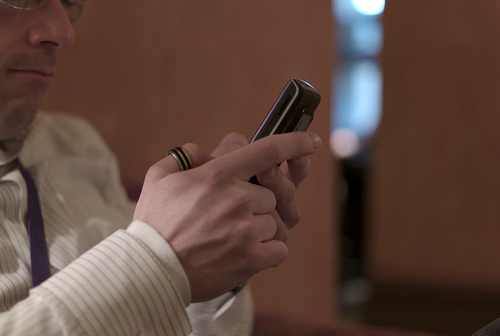


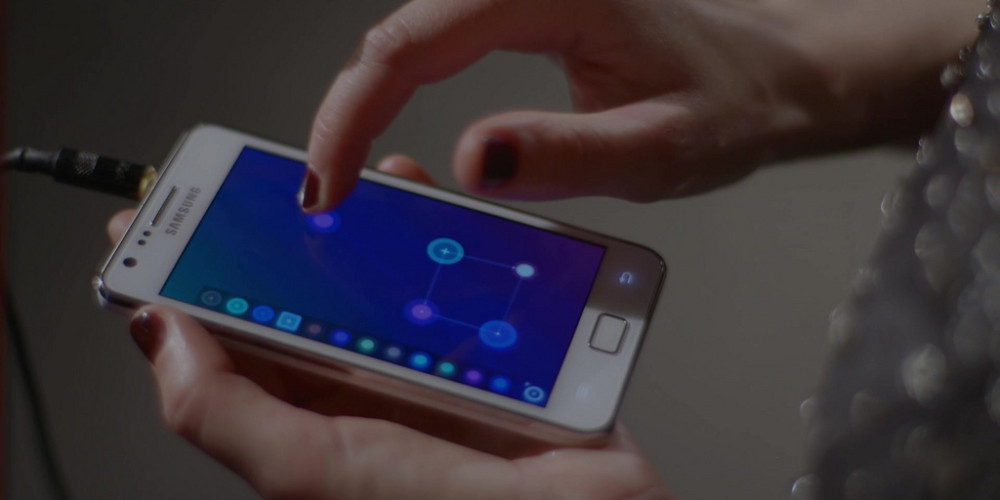
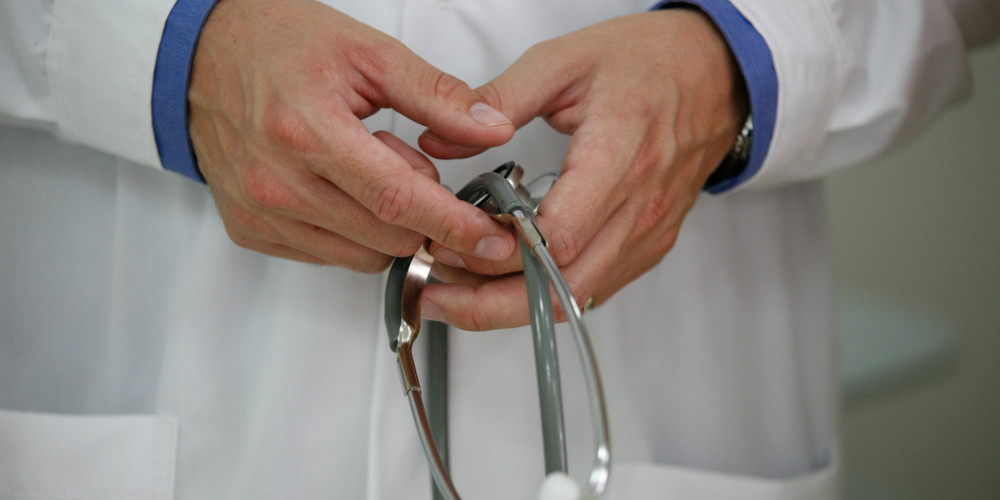
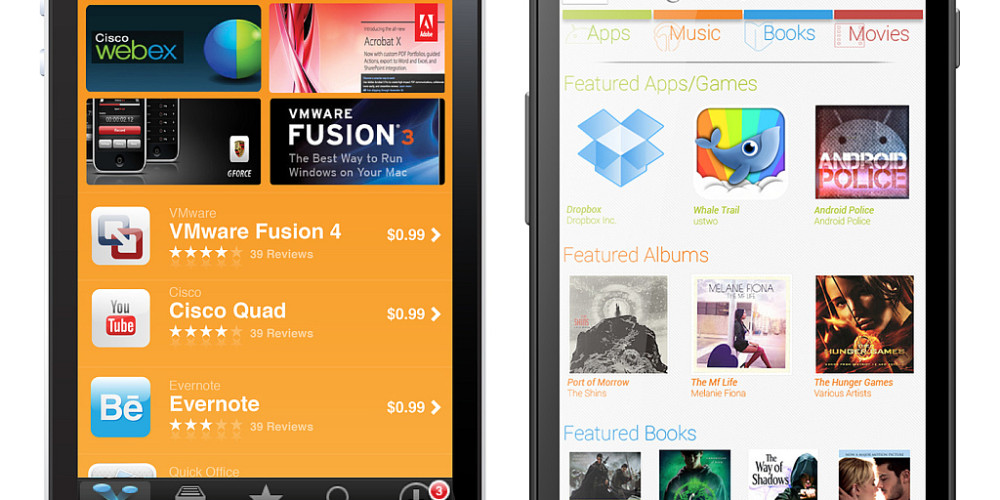
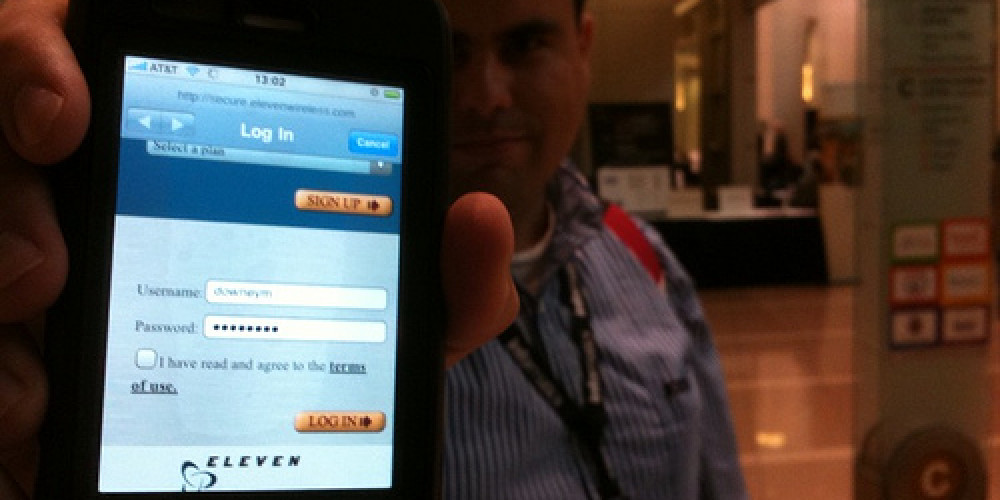

5 thoughts on “Patient Engagement: The Human Side of mHealth”